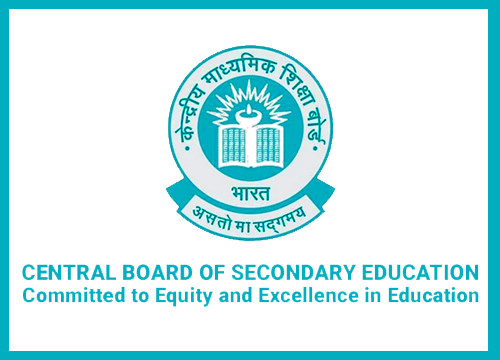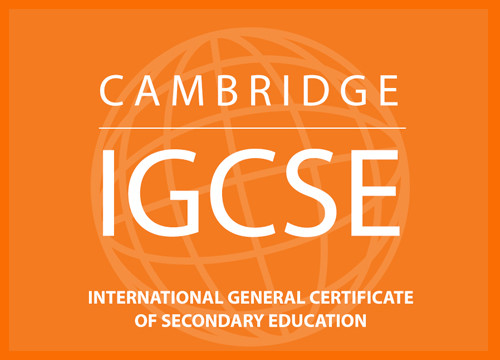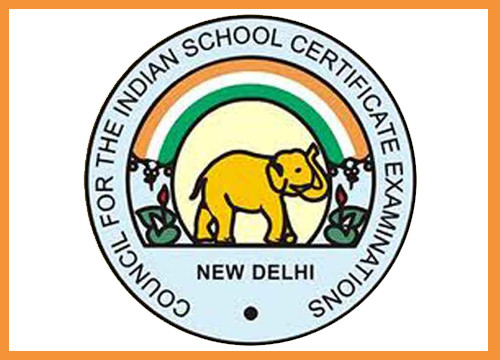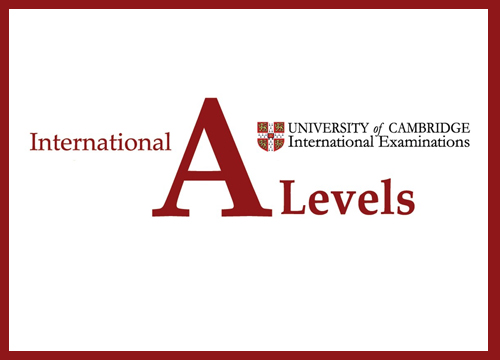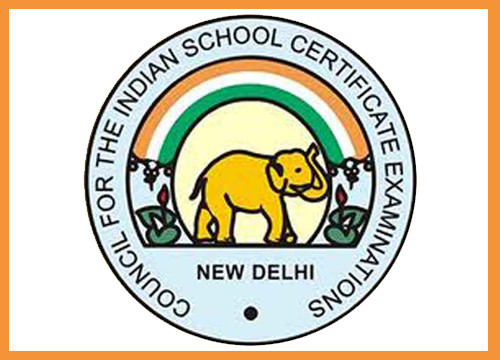IBDP
The International Baccalaureate Diploma Programme (IBDP) is a two-year educational programme primarily aimed at 16-to-19-year-olds in 140 countries around the world. The programme provides an internationally accepted qualification for entry into higher education and is recognized by many universities worldwide. It was developed in the early-to-mid-1960s in Geneva, Switzerland, by a group of international educators. After a six-year pilot programme that ended in 1975, a bilingual diploma was established.
Administered by the International Baccalaureate (IB), the IBDP is taught in schools in over 140 countries, in one of three languages: English, French, or Spanish. In order to participate, students must attend an IB school. IBDP students complete assessments in six subjects, one from each subject group, and three core requirements. Students are evaluated using both internal and external assessments, and courses finish with an externally assessed series of examinations, usually consisting of two or three timed written tests. Internal assessment varies by subject: there may be oral presentations, practical work, or written work. In most cases, these are initially graded by the classroom teacher, whose grades are then verified or modified, as necessary, by an appointed external moderator.
Examination & Promotion Criterion
All subjects (with the exception of CAS) are evaluated using both internal and external assessors. The externally assessed examinations are given worldwide in May (usually for Northern Hemisphere schools) and in November (usually for Southern Hemisphere schools). Each exam usually consists of two or three papers, generally written on the same or successive weekdays. The different papers may have different forms of questions, or they may focus on different areas of the subject syllabus. The grading of all external assessments is done by independent examiners appointed by the IB.
Points are awarded from 1 to 7, with 7 being equal to A*, 6 equal to A, and so on. Up to three additional points are awarded depending on the grades achieved in the extended essay and theory of knowledge, so the maximum possible point total in the IBDP is 45. In order to receive an IB diploma, candidates must receive a minimum of 24 points or an average of four (or C) out of a possible seven points for six subjects. Candidates must also receive a minimum of 12 points from their Higher Level subjects and a minimum of 9 points from their Standard Level subjects. Additionally, candidates must complete all of the requirements for the EE, CAS and TOK. Failing conditions that will prevent a student from being awarded a diploma, regardless of points received, are non-completion of CAS, more than three scores of 3 or below, not meeting the specific points required for Higher Level or Standard Level subjects, or plagiarism in addition to scoring higher than a score of 1 in any subject/level.
Course Concept
The Mathematics: Analysis and Approaches(AA) course is designed for students who wish to study mathematics as a subject in its own right or to pursue their interests in areas related to mathematics. It will appeal to students who are interested in exploring real and abstract applications of mathematical concepts. They will enjoy problem solving and generalisation. This course is suitable for students who may go on to further study in subjects that have a significant level of mathematics content, for example mathematics itself, engineering, physical sciences or economics.
The Mathematics: Applications and Interpretations(AI) course emphasises the applied nature of the subject and is designed for students who wish to understand how mathematics relates to the real world and to other subjects. This course is suitable for students who may go on to further study in subjects that utilise mathematics in this way such as social sciences, natural sciences, statistics, business, psychology or design.
Subjects Covered
- Mathematics SL AA
- Mathematics SL AI
- Mathematics HL AA
- Mathematics HL AI
- Physics SL
- Physics HL
- Chemistry SL
- Chemistry HL
- Biology SL
- Biology HL
- Economics SL
- Economics HL
- Business Management SL
- Business Management HL
Preparation for School Final Exam
- Classroom Teaching
- Study Material (Worksheets Sheets/Class Notes/Modules)
- Revision Test (RT)
- Weekly Doubt Clearance/Support Sessions
- Support/Doubt Clearance for School Semester/Prelim Exams
- Practice Sessions for School Semester/Prelim Exams
- Chapterwise Diagnostic Exams
- Unitwise diagnostic Exams
- Toppers Question Bank Revision
- Board Pattern Mock Exam Series
- Practice Sessions & Doubt clearance for School Final Exam
Course Concept
The Mathematics: Analysis and Approaches(AA) course is designed for students who wish to study mathematics as a subject in its own right or to pursue their interests in areas related to mathematics. It will appeal to students who are interested in exploring real and abstract applications of mathematical concepts. They will enjoy problem solving and generalisation. This course is suitable for students who may go on to further study in subjects that have a significant level of mathematics content, for example mathematics itself, engineering, physical sciences or economics.
The Mathematics: Applications and Interpretations(AI) course emphasises the applied nature of the subject and is designed for students who wish to understand how mathematics relates to the real world and to other subjects. This course is suitable for students who may go on to further study in subjects that utilise mathematics in this way such as social sciences, natural sciences, statistics, business, psychology or design.
Subjects Covered
- Mathematics SL AA
- Mathematics SL AI
- Mathematics HL AA
- Mathematics HL AI
- Physics SL
- Physics HL
- Chemistry SL
- Chemistry HL
- Biology SL
- Biology HL
- Economics SL
- Economics HL
- Business Management SL
- Business Management HL
Preparation for IB Board Exam
- Classroom Teaching
- Study Material (Worksheets Sheets/Class Notes/Modules)
- Revision Test (RT)
- Weekly Doubt Clearance/Support Sessions
- Support/Doubt Clearance for School Semester/Prelim Exams
- Practice Sessions for School Semester/Prelim Exams
- Chapterwise Diagnostic Exams
- Unitwise diagnostic Exams
- Toppers Question Bank Revision
- Board Pattern Mock Exam Series
- Practice Session & Doubt clearance for Board Exam

